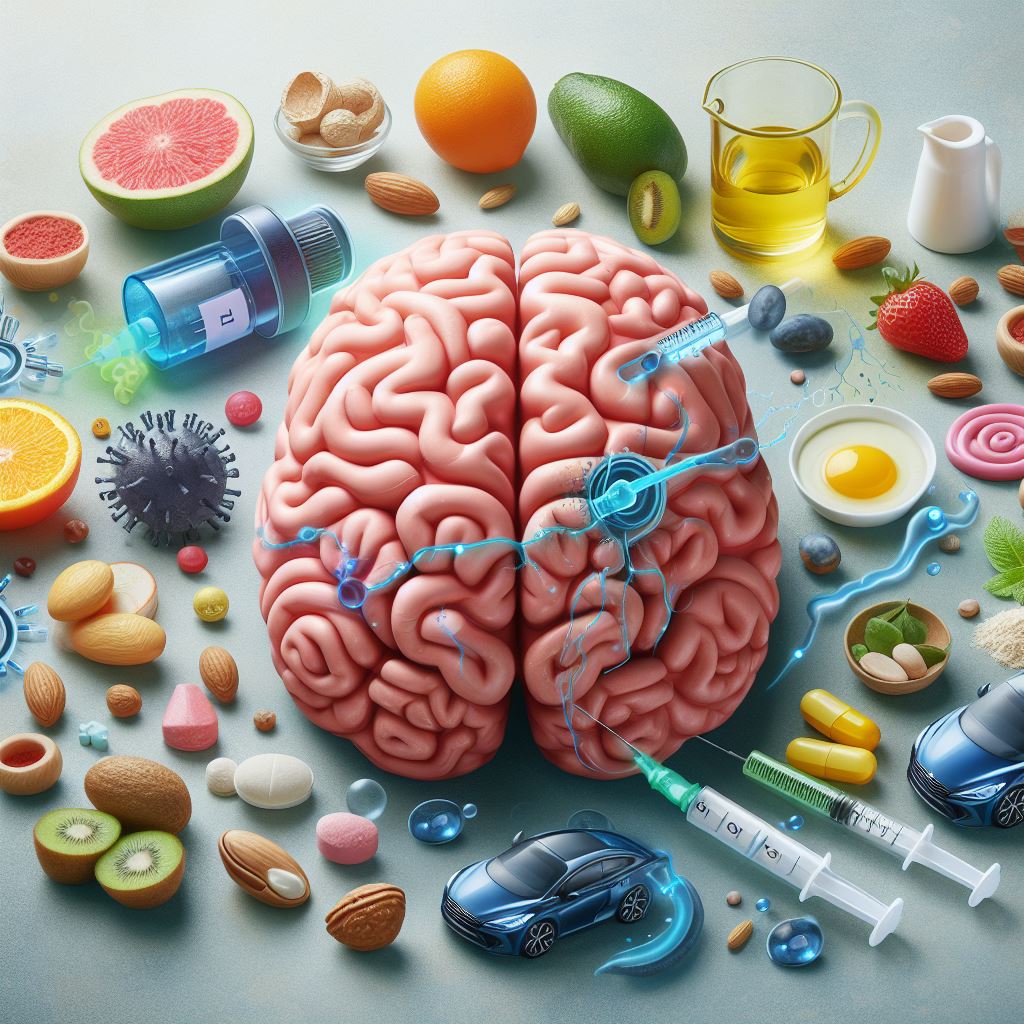Introduction
Autophagy, fasting, and ketosis are interconnected processes that have gained significant attention in the fields of health, nutrition, and longevity in recent years. Autophagy, in particular, is a cellular process that plays a crucial role in maintaining cellular health and has been linked to various health benefits. This article will explore autophagy, fasting, and ketosis, including the signs and potential benefits associated with these processes.
Autophagy
Autophagy, derived from the Greek words “auto” (self) and “phagein” (to eat), is a fundamental cellular process that involves the degradation and recycling of damaged or unnecessary cellular components. It is a crucial mechanism for maintaining cellular health and is responsible for removing dysfunctional organelles and proteins, as well as clearing out pathogens and cellular waste.
Buy Top Quality Meats Online

Signs of Autophagy
Increased Autophagosome Formation: Autophagosomes are double-membrane structures that engulf cellular components for degradation. An increase in autophagosome formation is a clear sign of enhanced autophagy.
Reduced Levels of p62/SQSTM1: p62 is a protein that binds to damaged cellular components and is selectively degraded by autophagy. Lower levels of p62 indicate increased autophagic activity.
Mild Cellular Stress: Autophagy is often triggered by mild cellular stressors, such as nutrient deprivation, which can activate pathways like mTOR inhibition and AMPK activation. These molecular signals are associated with autophagy induction.
Improved Cellular Health: As autophagy progresses, it helps to remove damaged components and maintain cellular health. Improved cellular function and resistance to stress can be seen as signs of effective autophagy.
Fasting:
Fasting is the voluntary abstention from food for a specific period. It can vary in duration, from intermittent fasting, where individuals abstain from food for a specific window of time, to extended fasts lasting several days. Fasting can induce autophagy by creating a state of nutrient deprivation within the body.
Ketosis:
Ketosis is a metabolic state where the body relies primarily on fat for energy because it has limited access to glucose (carbohydrates). Ketosis is typically achieved through a low-carbohydrate, high-fat diet, such as the ketogenic diet. During ketosis, the liver produces ketone bodies, which serve as an alternative energy source. Ketosis can also promote autophagy, as it mimics the metabolic stress associated with fasting.
Signs of Ketosis:
Ketone Production: Elevated levels of ketone bodies in the blood, urine, or breath are a clear sign of ketosis. Common ketones include acetoacetate, beta-hydroxybutyrate, and acetone.
Reduced Blood Glucose: As the body switches from relying on glucose to ketones for energy, blood glucose levels tend to decrease.
Increased Fat Burning: Ketosis promotes the utilization of stored fat for energy, resulting in weight loss and fat loss in individuals following a ketogenic diet.
Benefits of Autophagy, Fasting, and Ketosis:
Cellular Health: Autophagy helps to remove damaged cellular components, contributing to overall cellular health.
Weight Management: Fasting and ketosis can promote fat loss and help with weight management.
Improved Insulin Sensitivity: Fasting and ketosis have been shown to improve insulin sensitivity, which can be beneficial for individuals with type 2 diabetes.
Longevity: Some studies suggest that autophagy and dietary strategies like fasting and ketosis may be associated with increased lifespan and improved health in animal models, but more research is needed to establish these links in humans.
It’s important to note that while autophagy, fasting, and ketosis have potential health benefits, they should be approached with caution and ideally under the guidance of a healthcare professional, especially for individuals with specific medical conditions. The effects of these processes can vary from person to person, and their long-term consequences are still being studied.





